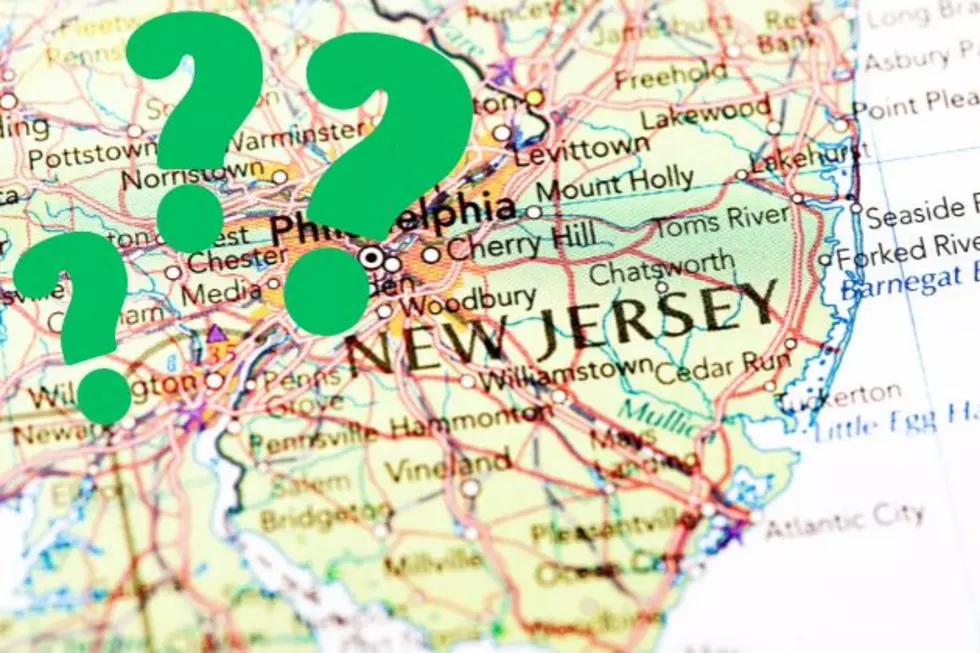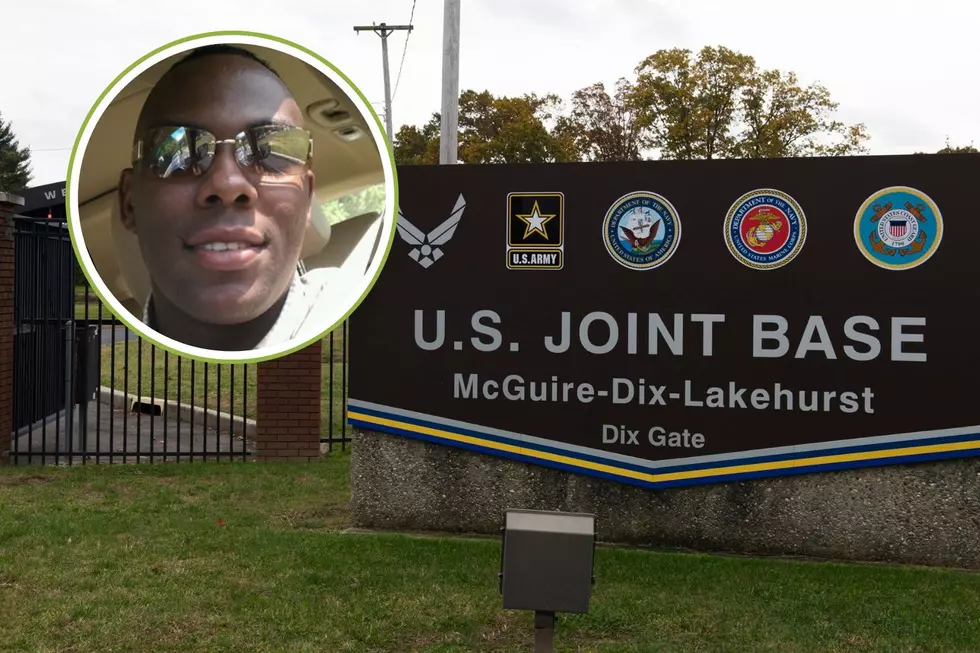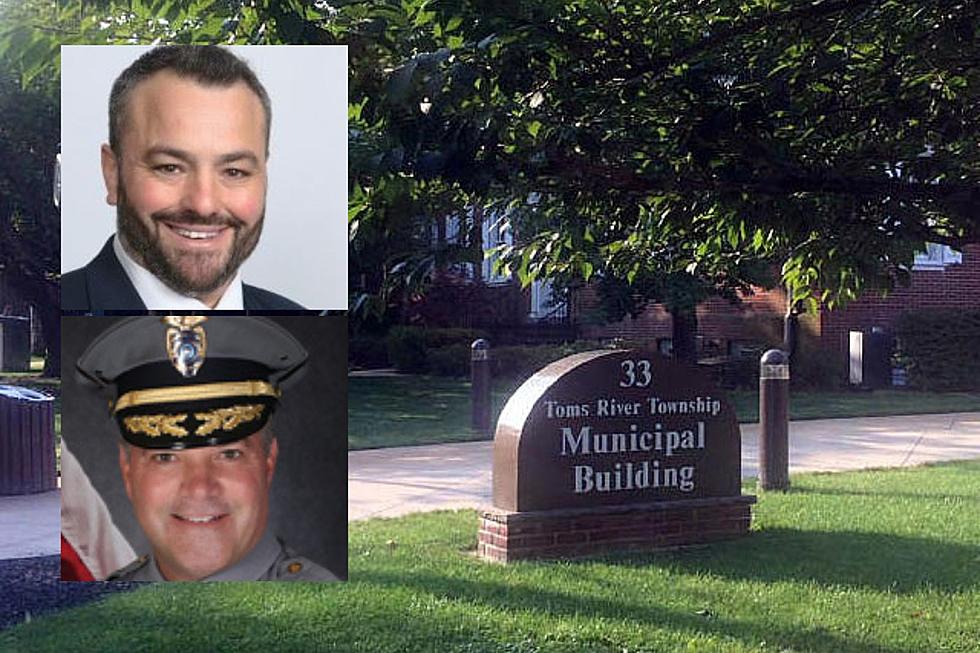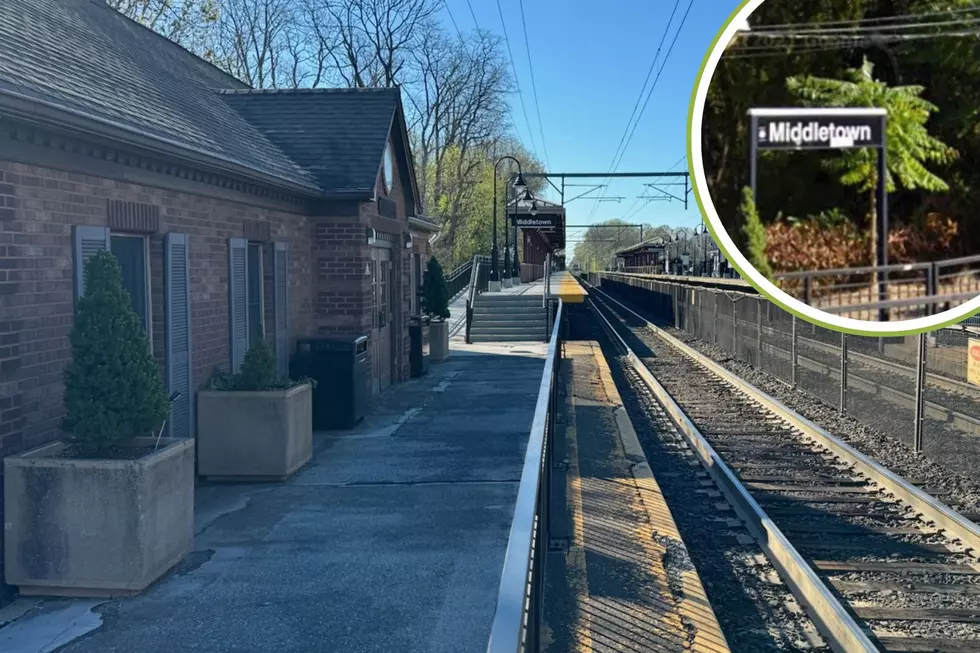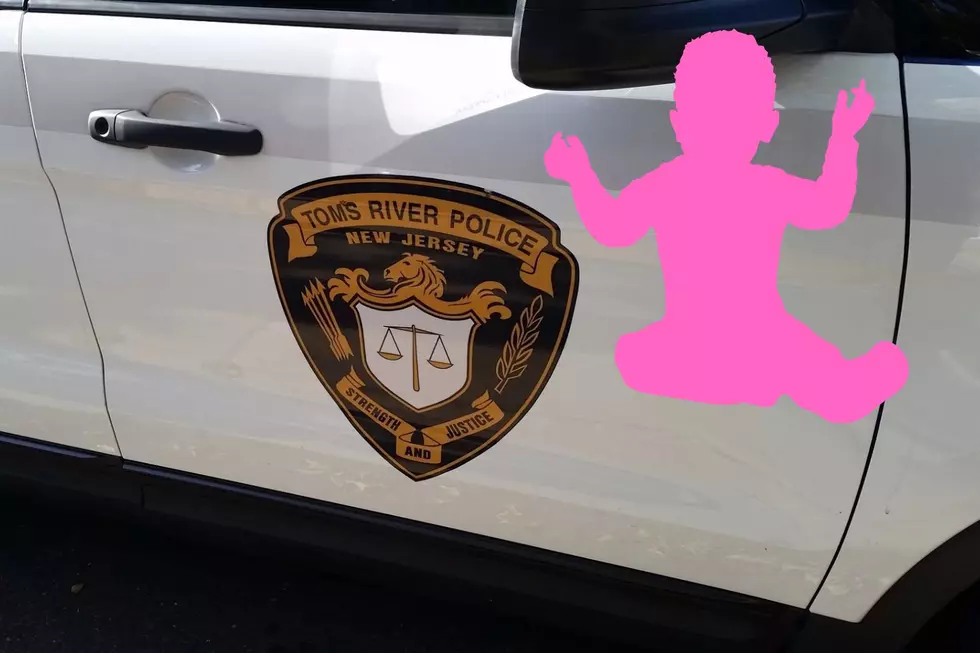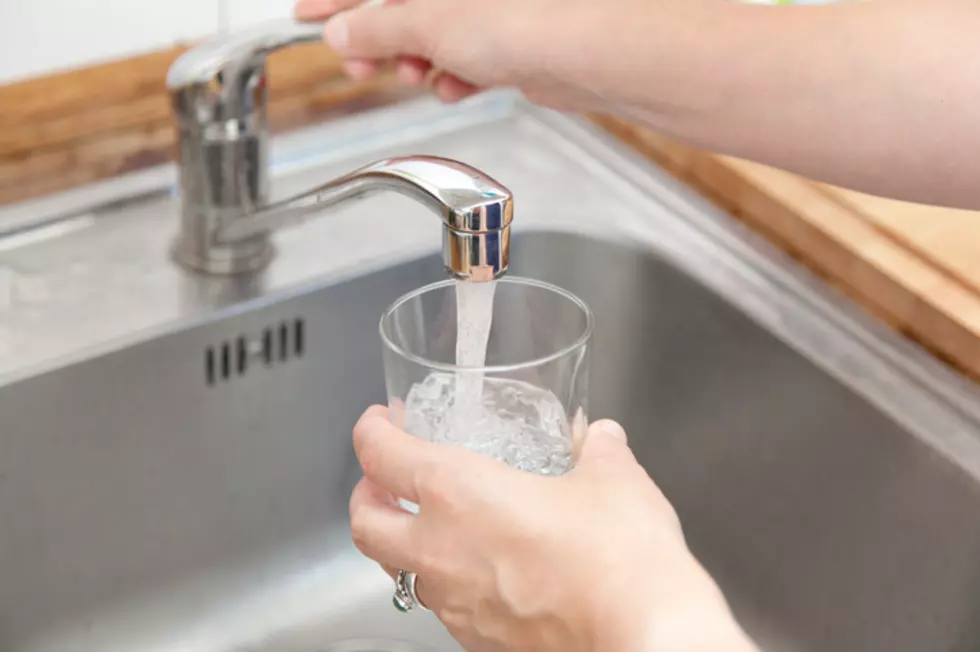
If tap water needs testing, who should pay – customer or utility?
TRENTON – Residents who need to get their water tested because contamination standards are exceeded would have to be reimbursed by their utility for the cost, if legislation moving through the Assembly eventually becomes law.
The bill, A3114, was developed with lead testing in mind though would apply to other contaminants, too.
Water systems must periodically test drinking water at customer taps and will direct customers to conduct their own tests, using state-certified labs, if high lead levels are detected in an area. Tests can cost $75 to $125.
Thomas Duke, government affairs coordinator for New Jersey Realtors, told the Assembly Special Committee on Infrastructure and Natural Resource that it’s fair for utility to bear that cost.
“We feel that it’s important that homeowners who through no fault of their own are now in need to get their water tested, we feel it’s important that they not carry the burden of the costs for getting these tests,” Duke said.
“We think it’s important for the water suppliers to provide this reimbursement for the residents so they have one less cost of homeownership that the need to worry about,” he said.
The Association of Environmental Authorities of New Jersey, the trade association of publicly owned and private-sector water utilities, and the New Jersey Business and Industry Association oppose the proposal even though it was amended to be more business-friendly.
Under the changes to the bill, utilities would be able to recover the costs through the operations and maintenance expenses it spreads out across its customer base. They would not be able to make a profit on it.
Rather than have municipalities request reimbursement for the cost of water testing, the utilities instead would pay reimbursements at an individual customer’s request.

The idea has been kicking around in the Legislature since 2017. It got unanimously approved by the Assembly in 2018, only to never get a hearing over the following 13 months in the Senate.
Michael Symons is the Statehouse bureau chief for New Jersey 101.5. You can reach him at michael.symons@townsquaremedia.com
Click here to contact an editor about feedback or a correction for this story.
What would happen to NJ if we were attacked by nuclear weapons?
LOOK: The most extreme temperatures in the history of every state
More From New Jersey 101.5 FM

